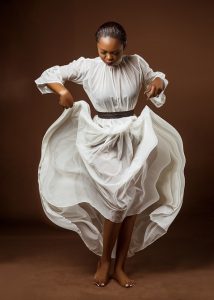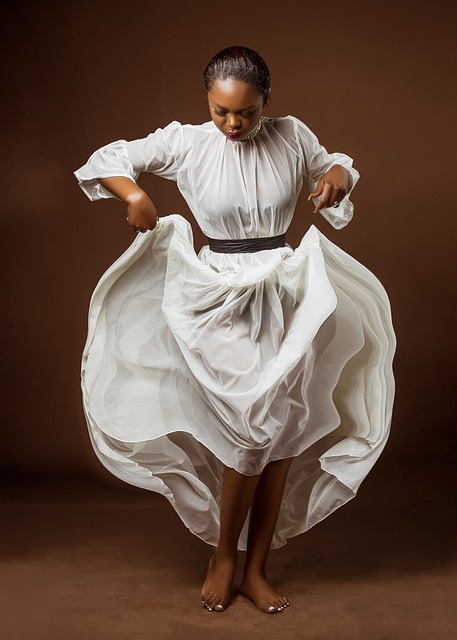Nestled in the vibrant cultural milieu of New York City, the Fashion Institute of Technology (FIT) has long been celebrated as a premier institution for fashion and design education. From budding designers to savvy marketers, FIT attracts a diverse group of students, all eager to unlock their potential in the dynamic world of fashion. This article aims to unravel the mysteries of FIT, exploring its history, academic offerings, campus life, and career prospects that help shape the industry’s future.
A Rich History
Established in 1944 as part of the State University of New York (SUNY) system, FIT’s origins lie in a robust response to the changing needs of the fashion and textile industries in a post-World War II world. Originally designed to provide the workforce with practical skills in textiles and apparel, the institution has evolved significantly over the decades. Today, FIT stands as a globally recognized educational powerhouse, influencing trends, technologies, and practices in fashion, art, and design.
Academic Offerings
The heart of FIT lies in its diverse and comprehensive academic programs, catering to various aspects of the fashion industry. With offerings ranging from associate to master’s degrees, students can immerse themselves in different fields:
1. Fashion Design
The Fashion Design program is among the most prestigious at FIT. In this intensive program, students learn the fundamentals of pattern making, draping, and CAD (computer-aided design). The curriculum balances creative expression with technical skills, allowing students to develop their unique design philosophies. Real-world projects and internships with established industry professionals provide invaluable experience.
2. Fashion Business Management
The Fashion Business Management program equips students with the knowledge to navigate the complex business landscape of fashion. Covering topics such as marketing, branding, and retail management, the program emphasizes analytics and managerial skills, preparing graduates for the strategic, behind-the-scenes roles crucial to a successful fashion brand.
3. Textile Design and Surface Design
With an emphasis on innovation in fabric development, the Textile Design program focuses on the creation of textiles using various techniques such as weaving, printing, and dyeing. Students explore sustainability and technology in textiles, preparing them for forward-thinking careers in the fashion industry.
4. Accessory Design
The Accessory Design program at FIT teaches students to conceptualize and create fashion accessories, honing their skills in design, materials, and marketability. Students have the unique opportunity to collaborate with fashion brands, showcasing their creations in high-profile settings.
5. Costume and Fashion Studies
FIT also offers a deep dive into the historical context of fashion through its Costume and Fashion Studies program. Here, students explore the cultural implications of fashion, studying its evolution and impact on society. This program is particularly ideal for those interested in historical research, curation, and critique.
Campus Life and Resources
Beyond academics, FIT fosters a vibrant campus life that enriched students’ experiences. Located near the bustling Chelsea neighborhood, the campus provides access to numerous cultural institutions, fashion events, and networking opportunities.
Clubs and Organizations
Students at FIT can participate in various clubs, ranging from the Fashion Business Club to the Knitwear Club. These organizations foster a sense of community and provide platforms for students to connect, collaborate, and explore their interests in a supportive environment.
State-of-the-Art Facilities
FIT’s facilities are designed to meet the needs of its creative student body. The campus features modern classrooms, studios equipped with the latest technology, and dedicated workspaces for fashion design, patternmaking, and textile testing. The Fashion Design Laboratory and the Textile Development and Marketing Lab are prime examples of how the institute prioritizes hands-on learning.
Career Opportunities
The impressive network and reputation of FIT significantly enhance graduates’ career prospects. The institute boasts a robust career services department that connects students with internships, job placements, and industry professionals.
Many students have secured internships with high-profile brands such as Ralph Lauren, Calvin Klein, and Nike, providing them with practical experiences and industry insights. In fact, FIT graduates are often sought after for their skill sets, creativity, and ability to adapt to the rapid pace of the fashion industry.
Recent statistics indicate that many FIT graduates enter the workforce within months of graduation, with roles spanning design, marketing, merchandising, and retail management. The proximity to New York City’s fashion hub opens doors to a myriad of opportunities, ensuring that aspiring fashion professionals can kickstart their careers.
Conclusion
The Fashion Institute of Technology offers more than just an education in fashion—it provides a transformative experience that equips students to excel in a dynamic industry. With its rich history, diverse academic programs, vibrant campus life, and strong industry connections, FIT stands as a pillar of creativity and innovation. As students unlock the mysteries of fashion, they emerge as the next generation of leaders, ready to shape the future of the industry and make their mark on the world.

